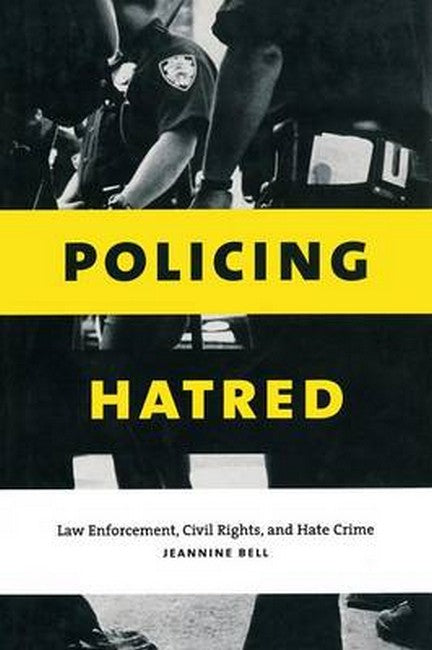Policing Hatred explores the intersection of race and law enforcement in the controversial area of hate crime. The nation's attention has recently been focused on high-profile hate crimes such as the dragging death of James Byrd and the torture-murder of Matthew Shepard. This book calls attention to the thousands of other individuals who each year are attacked because of their race, religion, or sexual orientation. The study of hate crimes challenges common assumptions regarding perpetrators and victims: most of the accused tend to be white, while most of their victims are not. Policing Hatred is an in-depth ethnographic study of how hate crime law works in practice, from the perspective of those enforcing it. It examines the ways in which the police handle bias crimes, and the social impact of those efforts. Bell exposes the power that law enforcement personnel have to influence the social environment by showing how they determine whether an incident will be charged as a bias crime. Drawing on her unprecedented access to a police hate crime unit, Bell's work brings to life the stories of female, Black, Latino, and Asian American detectives, in addition to those of their white male counterparts. Policing Hatred also explores the impact of victim's identity on each officers handling of bias crimes and addresses how the police treat defendants' First Amendment rights. Bell's vivid evidence from the field argues persuasively for the need to have the police diligently address even low-level offenses, such as vandalism, given their devastating cumulative effects on society.

